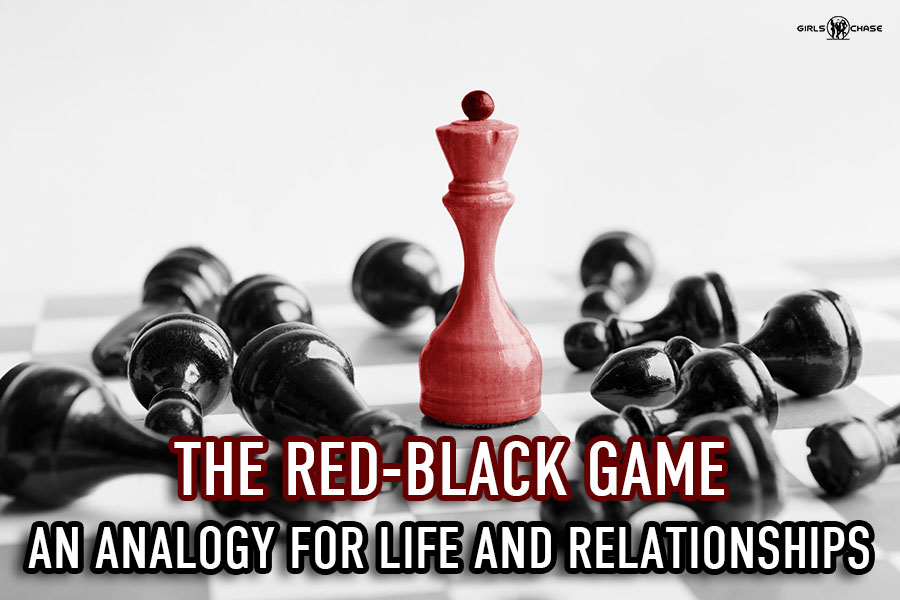
How you play the game of life will determine whether you win or lose. It’s nice if everyone could win all the time, but real life situations often make that impractical.
To close out my writing for the year, I’m going to take a hard look at human behavior in this series. I started writing this article back in January 2018 and, at first, it was one of my most positive – and unrealistic – articles to date.
It put it on the back burner for the rest of the year. Meanwhile, my life unfolded into the greatest whirlwind I’ve ever experienced, a result of the forces of trust and fear, as well as people striving to get what they want from me – and me from them.
When you interact with another human being, there are many elements at play. Two of the biggest are trust and intention. The combination of these two elements – how much you trust someone and how you perceive their intentions – has huge ramifications for how your relationships develop and endure.
This article is a little abstract, but I think it’s a nice model for pondering over how you interact with different people and entities. I’m going to show you a model for approaching your relationships with others for your long-term benefit, whether it be with men or women, in either business or social situations. I’m also going to teach you how to identify when to protect yourself from people who want to hurt, dominate, or take advantage of you.
I believe everyone can grow from this model, and it boils down to one simple thing – when you play a game, everyone wants to win. For you to achieve the strongest level of power in a game, you must ensure that everyone wins their game and are in control of that process.
If you cannot achieve this (i.e., if you cannot win together), then you must ensure that you read the threatening intentions of the other side correctly, successfully dominate the other side, and win against any aggressive threats.
This includes the dating game. Always structure your encounters with women so that both you and her win in the battle. Either dominate your competition or provide winning mechanisms for them, too. We’re going to analyze this by exploring the red-black game.









SHOW COMMENTS (6)